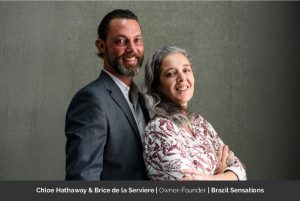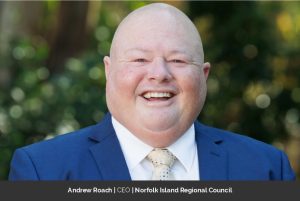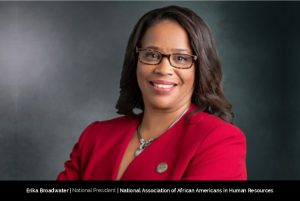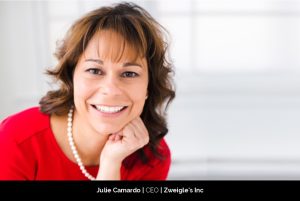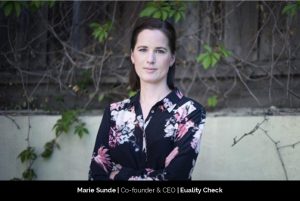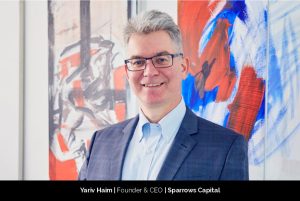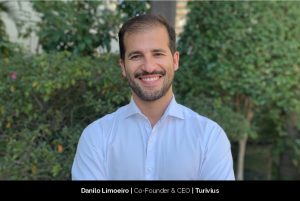Anna Guenther: Hosting the Crowdfunding Platform for Women Entrepreneurs to Jump Off
The 10 Spearheading Businesswomen Beyond Brilliance
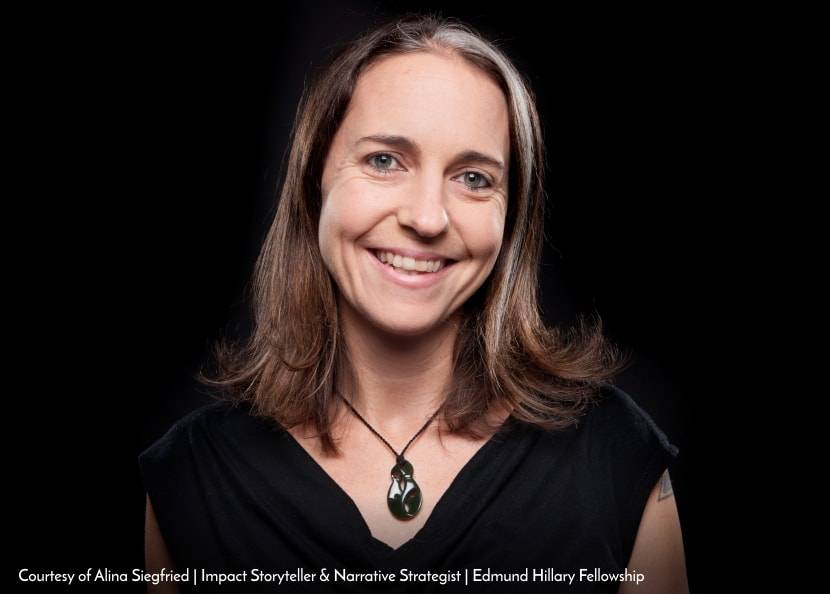
We’ve come to our final day of Global Entrepreneurship Week, and our last profile of inspiring, entrepreneurial #NZWomen!
Anna Guenther has arguably one of the best job titles in New Zealand. The founder of Kiwi crowd-funding platform Pledge Me, Anna is known amongst the ranks as the Chief Bubble Blower.
And she certainly has blown a number of bubbles since Pledge Me’s launch in early 2012, both figuratively and literally. Over 700 projects to date have raised almost NZ$3 million in funding. The company has recently expanded it’s operations to include public offers for equity crowdfunding.
We interviewed Anna at the Enspiral co -working space about confidence, crowdfunding, and women’s leadership styles.
How do you think New Zealand is faring on the global stage in terms of female representation in entrepreneurship?
Historically, New Zealand has been so forward-thinking in women’s rights, but I think today we aren’t doing as well as we could be. Some 64 percent of university graduates are women, but we earn on average 10 percent less than our male counterparts.
Of all of the NZX listed companies only 15 percent of their board members are women.
So we’re not making it up the company ladder, we’re not making it to governance positions. We are often leaving the workforce and then we come back, not able to go progress as fast as our male counterparts.
What are some of the challenges that you faced as a woman entrepreneur and how have you overcome those?
I think the biggest challenge that I faced is the gendering of skills. I have a very soft leadership style. I like to build consensus, build relationships and build teams. I got told early on, that I didn’t really have the traditional sort of entrepreneur skill set — it wasn’t aggressive, it wasn’t risk-taking. It got told I was going about it all wrong.
But I found along the way, I made friends with a lot of female entrepreneurs who seemed to be ‘doing it wrong’ along with me, displaying similar entrepreneurial and leadership traits. So maybe we’re actually doing it right — just doing things in a different way.
Have you seen an equal ratio of both genders creating PledgeMe campaigns? How about other differences in the kind of campaigns that are led by women and by men?
The cool thing about crowdfunding is that anyone can do it, and we see all types of people coming through Pledge Me. But I think one exciting thing for us has been seeing more women coming through and achieving higher-than-average funding on their campaigns. All of our largest campaigns to date have been run by women.
There are some really interesting trends from overseas, especially around equity crowdfunding, in that it is allowing more female entrepreneurs to found companies.
What are some of the standout PledgeMe campaigns for you that have been led by women?
One of my favourite campaigns was the Superpower Baby Project, which was run by a women named Rachel Callander, a photographer down in Timaru. She wanted to raise money to go around the country taking pictures of kids with genetic conditions, and change the conversation and terminology from ‘disabilities’ into ‘different abilities’ or ‘superpowers’. She did such an amazing job. In 30 days, she raised over $80,000 and managed to travel right around the country taking pictures of these kids.
Our largest campaign was the ‘Back the Bull’ campaign, which was run by two women down in Christchurch, who were crowdfunding to buy “Chapman’s Homer” — a Michael Parekowhai sculpture of a bull atop a grand piano. They raised just under three-quarters of a million dollars in total — $206,000 through Pledge Me, and the rest match funded by various corporate donors.
Do you think the introduction of equity crowdfunding in New Zealand will make any impact on the numbers of women getting involved in entrepreneurship?
I think that equity crowdfunding is totally going to change how female founders get funded. In the States, we know that around three percent of founders pitching to venture capitalists are women, whereas in equity crowdfunding, about 11 percent of the founders that are funded are female.
Personally, I had a really hard time going out and seeking investment the first time around. I found it quite confrontational, and I think that being able to use a platform to go out to my existing community for funding, would have been a really different experience. Especially a platform that walks you through the process, so you don’t have to go and spend all your nights at home doing research, navigating your way through a mine field and trying not to look stupid. Being able to go through the whole process with a team that were willing to help would have been a lot better for me.
What’s the one thing New Zealand could do within the next few years that would encourage and support more women to go into entrepreneurship?
If New Zealand could do one thing to get more women into entrepreneurship, I think it would be finding ways to promote more women role models.
I think that in order to do something, we often need to see it first and be able to imagine ourselves in that position.
There aren’t a lot of role models in the business space young women entrepreneurs or would-be entrepreneurs can relate to. Often, the ones that are out there are women that are a lot older, or have a very different style from where we see ourselves going. If there were examples of women really rocking out in the space, that we can relate to, I think it would help a lot more women to take the leap.
Which Kiwi women entrepreneurs do you admire, and for what reasons?
One of my favourite role models is Claudia Batten. She was the cofounder of Victors and Spoils, a crowdsourced media agency. She gave a talk when I first started out, and I watched her and watched how she acted. I saw the sorts of the skills that she brought to the table and it made me realize that actually, entrepreneurship was attainable. Claudia inspired me to think differently about how I wanted to go about starting my company.
Do you mentor? How do you choose who to mentor? What are looking for in a mentee?
I really dislike the word “mentor” because I think it indicates that you only have something to give. I feel like there’s so much that you can learn from the people that you’re hanging out with, that it is a two-way process.
I do talk to a lot of different people at different stages of their careers, but I think they always have something to teach you as well.
To me, it’s more than just about support — sharing our stories and talking about where you’re at. There is so much we can learn from each other.
Do you have any recommendations of great books you’ve read or video content, TED talks, to other sort of resources or people to follow who are leaders who provide useful advice for aspiring women?
There are two books that I’ve read this year that have really inspired me.
The first is The Confidence Code, by Katty Kay and Claire Shipman. They wrote a book about what they perceived to be the biggest issue for women in business and leadership — a lack of confidence. They explore everything from the scientific reasons that we lack confidence, through to the cultural reasons. The authors suggest, not only how women can be more confident, but how we can approach confidence in a different manner — a manner that is distinct from the aggressive style of confidence that is found in many male entrepreneurs.
The other book is Give and Take by Adam Grant. He’s a professor at University of Pennsylvania Wharton School, who writes about different styles of business, emphasising giving and matching. His idea is that people who give can be even more successful than people who take — which you would think wouldn’t be the case, but he backs it up with really good examples.
For me, one of the most stark findings that came out of this book was that these days in business, a variety of studies has shown that confidence trumps competence in the workforce. That’s pretty scary.







